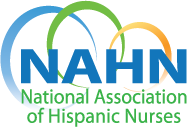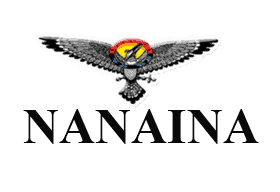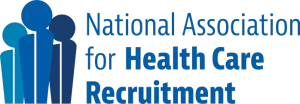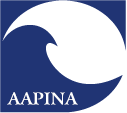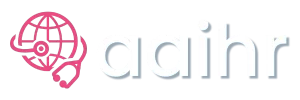The RN’s practice is guided by the ANA Standard for Professional Nurse and Code of Ethics. The RN has knowledge of professional nursing principles, practices, concepts, and procedures as applied to the care of the patient population served. The RN records patients’ medical history and symptoms help perform diagnostic tests and analyze results, operate medical equipment, administer treatment and medications, and help with patient follow-up and rehabilitation. The RN establishes a care plan or contributes to an existing plan. The plan may include activities, such as administering medication, including careful checking of dosages and avoiding interactions; starting, maintaining, and discontinuing intravenous (IV) lines for fluid, medication, blood, and blood products; administering therapies and treatments; observing the patient and recording those observations; and consulting with physicians and other healthcare clinicians. The RN teaches patients and their families how to manage their illnesses or injuries, explain post-treatment and home care needs; diet, nutrition, and exercise programs; and self-administration of medication and therapy. The RN provides direction to licensed practical nurses and nursing aides regarding patient care and delegates when appropriate. The RN supports efforts to advance clinical knowledge and skills. The RN precepts new hire staff and students. The RN assists the staff and students to seek and complete the tasks required to complete their competency skills. The RN continues to enhance their knowledge in the nursing management and care of patient problems and conditions as required. The RN may continue to improve the patients experience, clinical outcomes and works to promote a healthy work environment. Nursing practices theory-based nursing that is evidenced-based utilizing a Shared Governance model for decision-making. All RN staff who have direct responsibility for the care of stroke patients must have knowledge of: Stroke symptoms and warning signs, Protocols and pathways used to identify, evaluate and management of stroke patients, NIHSS, Stroke Alert activation and protocol, Stoke quality indicators, Available stroke patient education materials and community resources, Educational requirements, Stroke Center website resources. Possess the knowledge of how to collect health data in a systematic and ongoing manner, prioritizing data collection as determined by the patient’s immediate condition or needs, and involving the family. Analyzes the assessment data in determining diagnoses, and utilize the nursing diagnosis to develop, implement, evaluate and revise an appropriate patient plan of care that is family-centered, developmentally and age-appropriate, and culturally relevant.
RN Orthopedics
Jobgraze
Roles Responsibility
Record patients' medical history and symptoms, Perform diagnostic tests and analyze results, Operate medical equipment, Administer treatment and medications, Help with patient follow-up and rehabilitation, Establish care plan or contribute to an existing plan, Teach patients and their families, Provide direction to licensed practical nurses and nursing aides, Support efforts to advance clinical knowledge and skills, Precept new hire staff and students, Assist staff and students to complete tasks, Enhance knowledge in nursing management and patient care, Improve patient experience and clinical outcomes, Promote a healthy work environment, Practice theory-based and evidenced-based nursing, Demonstrate knowledge related to stroke care, Collect health data systematically and prioritize data collection. Desired Qualification
ASN Associate of Science in Nursing Type
Full Time
Location
United States, Phoenix, AZ, 70303 
